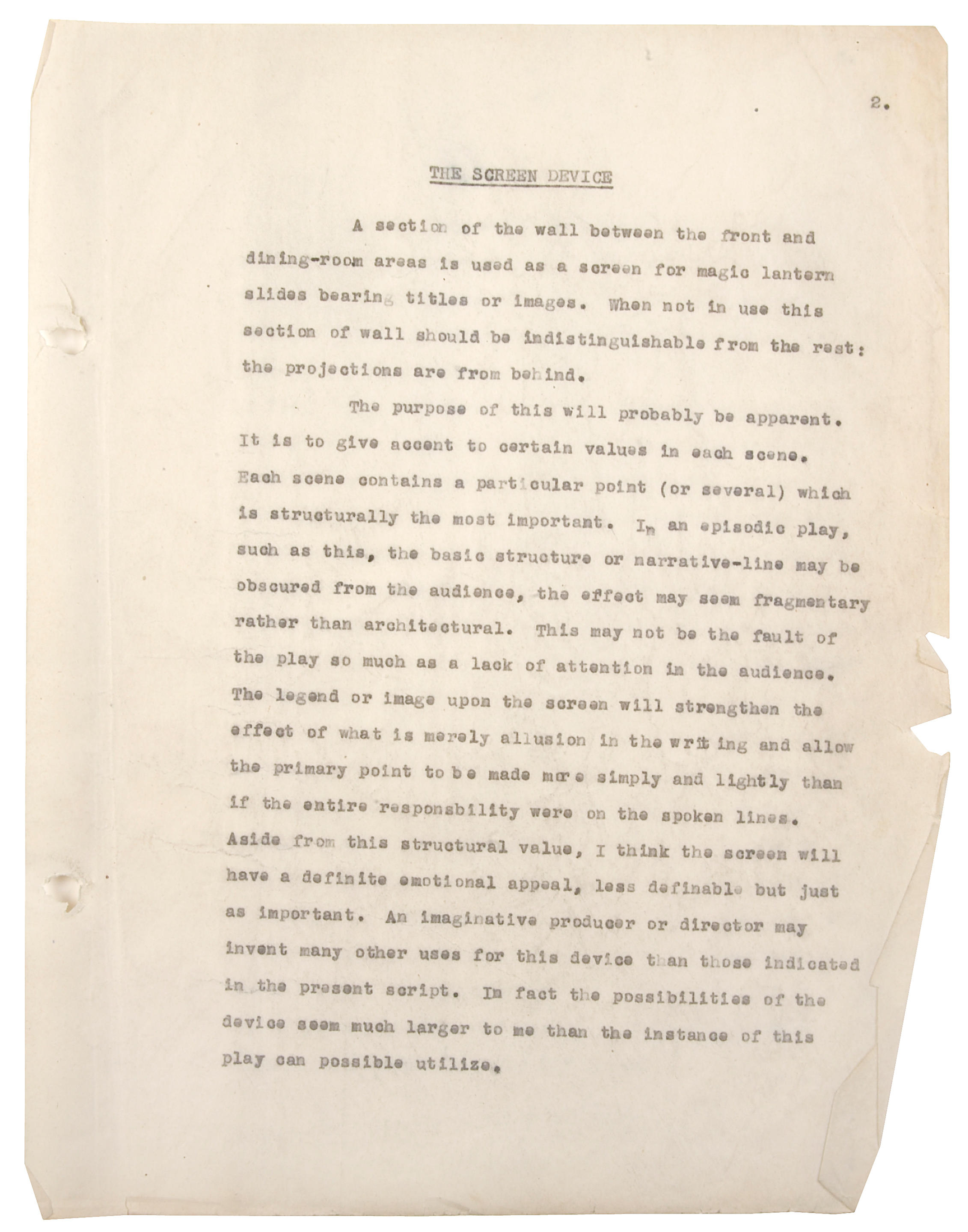SUPREME COURT, Marbury v. Madison ]. New York Herald , No.129. New York: Printed and Published by Michael Burnham, No.40 Pine St., 26 March 1803. 4 pp., folio (19 3/8 x 13 7/8 in.), printed 5 columns to the page, roman type, masthead in large display capitals, the text of the court's decision in Marbury v. Madison occupying cols. 1-5 on page 1, 2½ cols., on page 2 and col. on page 5. Very minor spotting . "MANDAMUS": ESTABLISHING JUDICIAL REVIEW: THE SUPREME COURT'S LANDMARK DECISION IN MARBURY V. MADISON The New York Herald , evidently in recognition of the significance of the decision in Marbury v. Madison , printed the full text of Justice John Marshall's rambling, 11,000-word decision in the case. While some papers of the period printed a brief notice of the Court's decision in this precedent-setting case, some (especially pro-Jefferson papers), deigned to publish any notice whatever of the decision, which clearly established the power of judicial review. In the last days of John Adam's presidency, Secretary of State John Marshall had failed to deliver several Federal appointments made at the last moment by the outgoing Federalist administration. The new Secretary of State, Madison, refused to deliver these "midnight appointments," and one frustrated appointee, Marbury, brought suit in the Supreme Court under the Judiciary Act of 1789. That Act allowed Marbury to take his case directly to the Supreme Court, rather than a lower court. The Court, with Marshall as Chief Justice, unanimously ruled that, while Marbury was entitled to seek redress in court, Congress had overstepped its authority by extending the jurisdiction of the court beyond that granted by the Constitution (specifically Article II, section 2). "It is, emphatically, the province and duty of the judicial department, to say what the law is," Marshall wrote, establishing the principle that no law could be enacted which conflicted with the provisions of the Constitution as interpreted by the court. In the Herald , the first column on page 1 is headed "Mandamus Opinion of the Supreme Court, delivered by Chief Justice Marshall, Feb. 24, 1803."
SUPREME COURT, Marbury v. Madison ]. New York Herald , No.129. New York: Printed and Published by Michael Burnham, No.40 Pine St., 26 March 1803. 4 pp., folio (19 3/8 x 13 7/8 in.), printed 5 columns to the page, roman type, masthead in large display capitals, the text of the court's decision in Marbury v. Madison occupying cols. 1-5 on page 1, 2½ cols., on page 2 and col. on page 5. Very minor spotting . "MANDAMUS": ESTABLISHING JUDICIAL REVIEW: THE SUPREME COURT'S LANDMARK DECISION IN MARBURY V. MADISON The New York Herald , evidently in recognition of the significance of the decision in Marbury v. Madison , printed the full text of Justice John Marshall's rambling, 11,000-word decision in the case. While some papers of the period printed a brief notice of the Court's decision in this precedent-setting case, some (especially pro-Jefferson papers), deigned to publish any notice whatever of the decision, which clearly established the power of judicial review. In the last days of John Adam's presidency, Secretary of State John Marshall had failed to deliver several Federal appointments made at the last moment by the outgoing Federalist administration. The new Secretary of State, Madison, refused to deliver these "midnight appointments," and one frustrated appointee, Marbury, brought suit in the Supreme Court under the Judiciary Act of 1789. That Act allowed Marbury to take his case directly to the Supreme Court, rather than a lower court. The Court, with Marshall as Chief Justice, unanimously ruled that, while Marbury was entitled to seek redress in court, Congress had overstepped its authority by extending the jurisdiction of the court beyond that granted by the Constitution (specifically Article II, section 2). "It is, emphatically, the province and duty of the judicial department, to say what the law is," Marshall wrote, establishing the principle that no law could be enacted which conflicted with the provisions of the Constitution as interpreted by the court. In the Herald , the first column on page 1 is headed "Mandamus Opinion of the Supreme Court, delivered by Chief Justice Marshall, Feb. 24, 1803."









Testen Sie LotSearch und seine Premium-Features 7 Tage - ohne Kosten!
Lassen Sie sich automatisch über neue Objekte in kommenden Auktionen benachrichtigen.
Suchauftrag anlegen